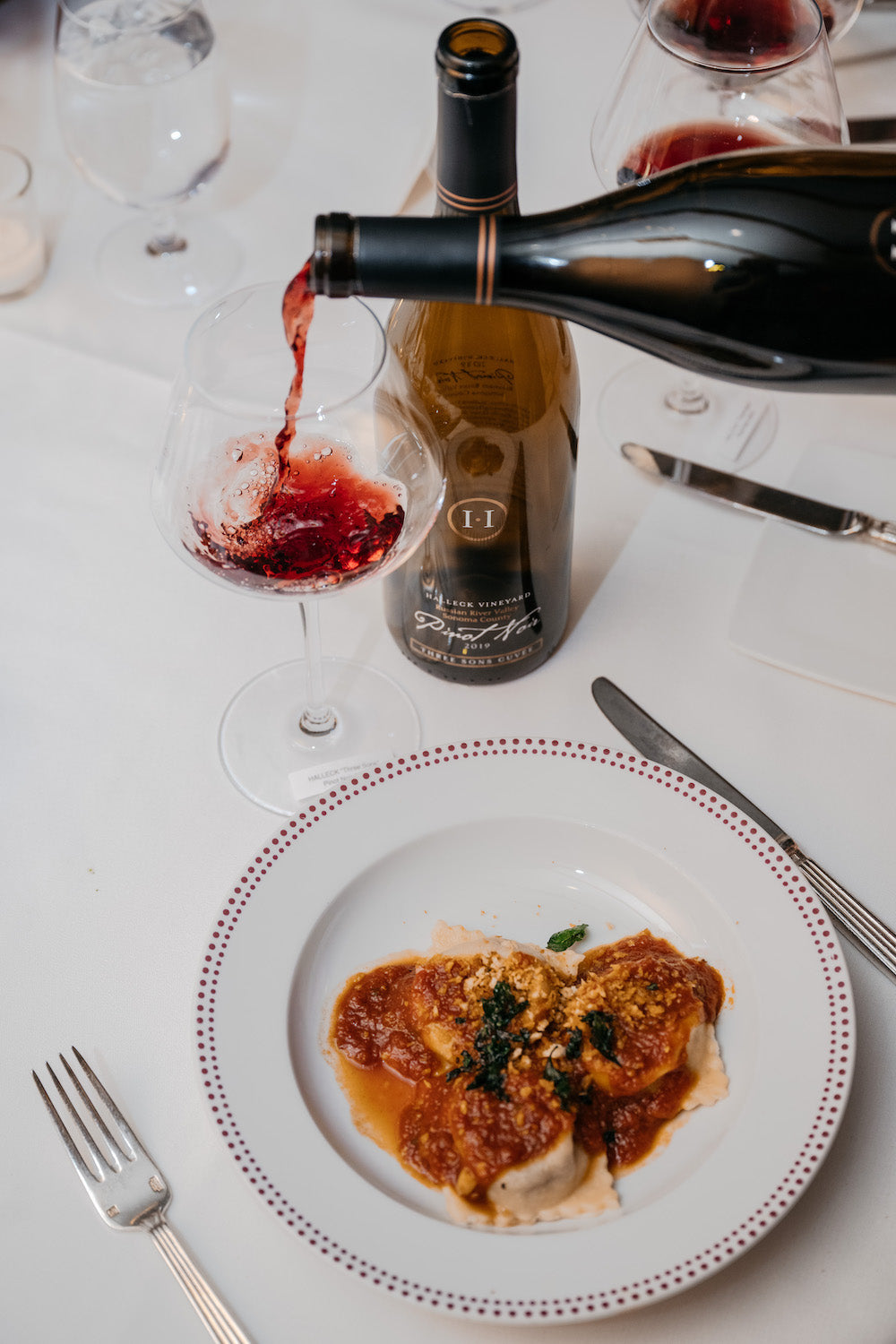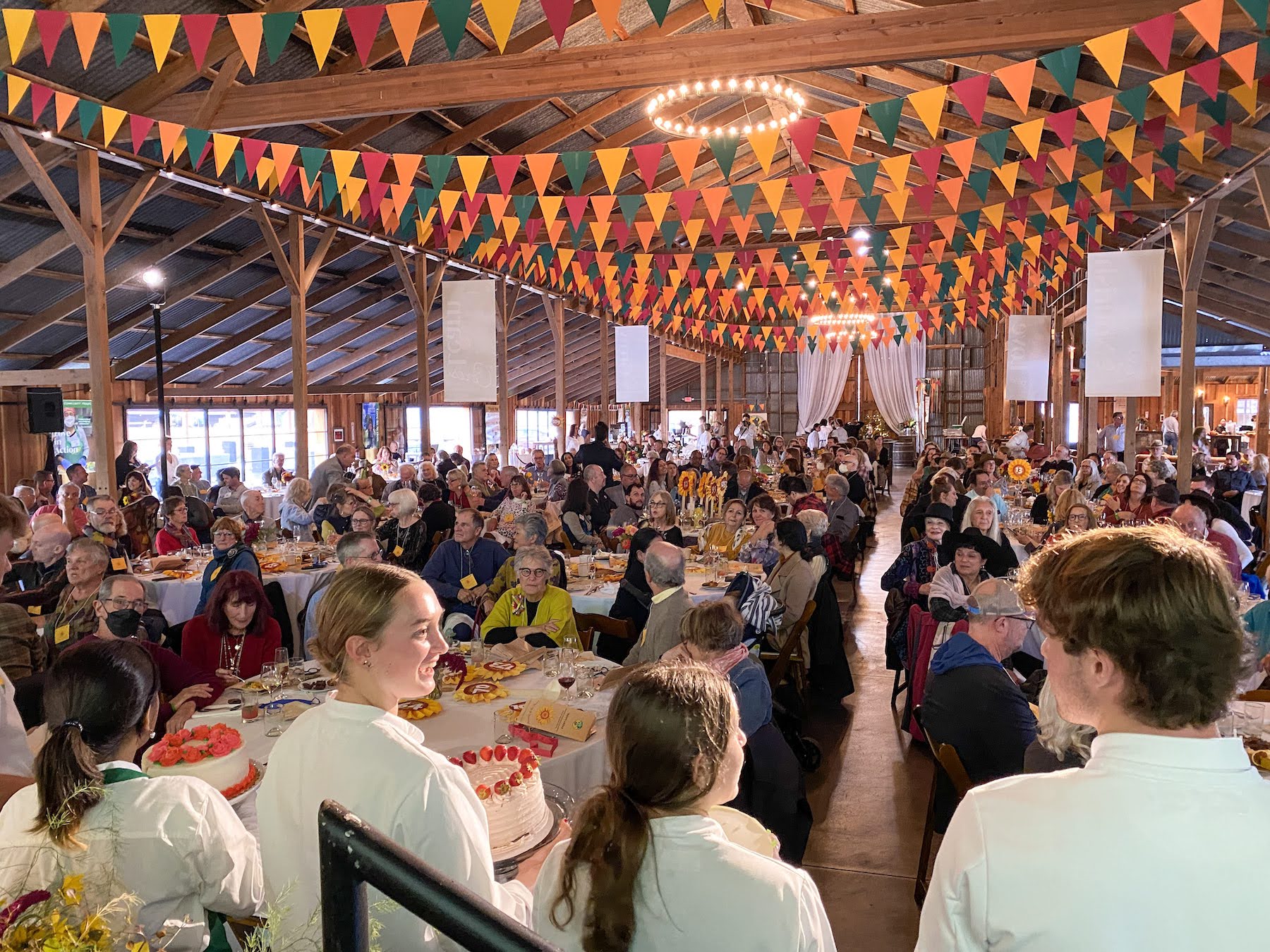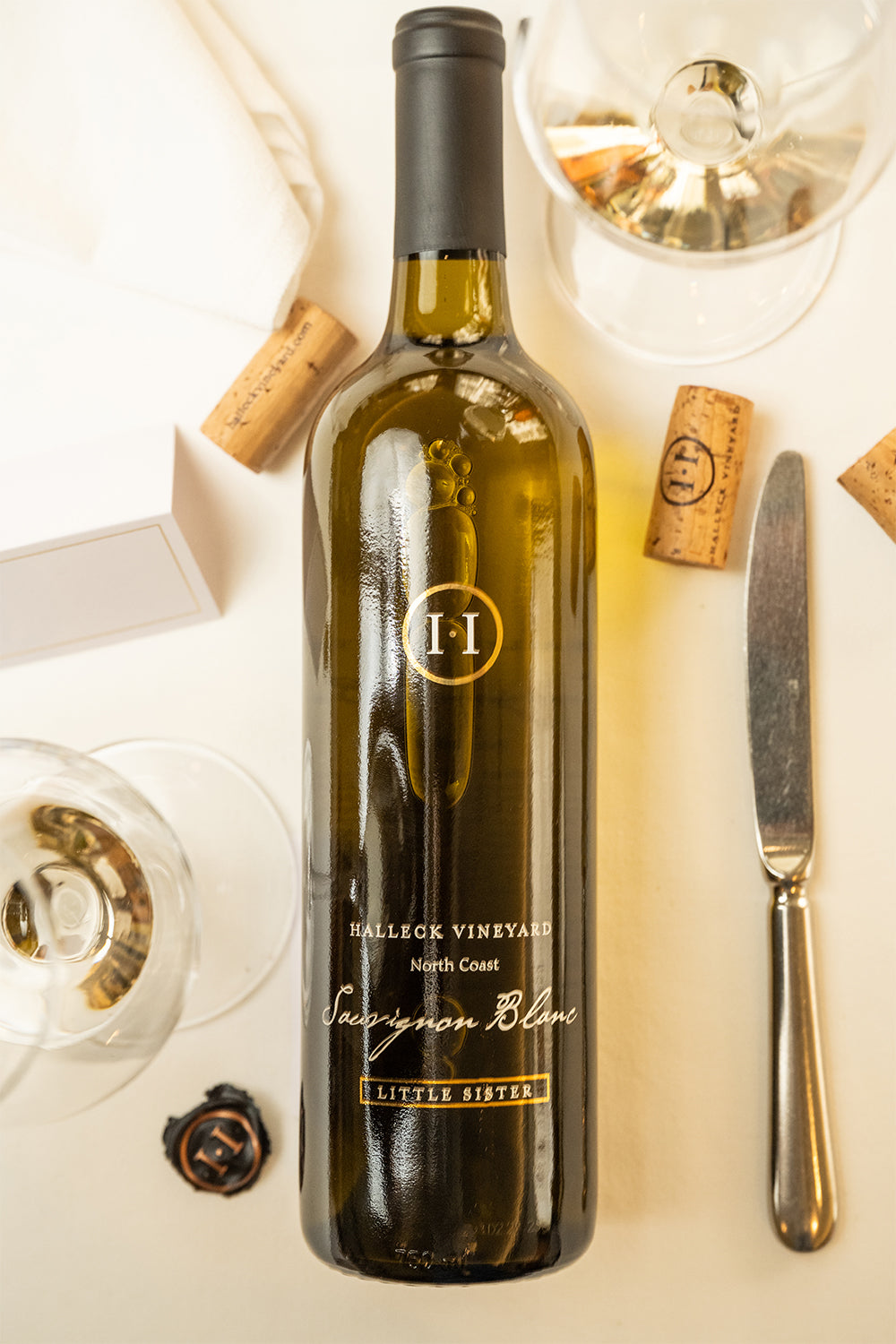Wineries Near Santa Rosa - Sonoma Vineyard Tours
Wineries Offering Private Events - Local Wineries In Sebastopol
Visiting a winery for a wine tasting may be a fascinating experience, particularly when you know how to maximize the opportunity with tasting notes. These notes serve as a guide to understanding the complexities of the wines you sample and help in forming a deeper connection with each pour. Utilizing tasting notes can transform your experience, allowing you to savor not just the style but also the story behind each bottle.
Every wine has a singular profile influenced by grape variety, terroir, and winemaking techniques. Understanding these elements can enhance your appreciation of the wine. When you're given a tasting menu or a flight of wines to sample, take the time to read by way of any descriptions supplied (Wineries Known For Handcrafted Wines). This preliminary overview can set the tone and expectations for your tasting experience.
Start your wine tasting by observing the wine in your glass. The shade can reveal lots in regards to the wine’s age and varietal. Take notes on the hue, clarity, and viscosity. A well-structured tasting note usually consists of this visible assessment as it varieties the foundation of your evaluation. Whereas it may seem trivial, the visible side is crucial in wine tasting.
Charming Wineries Offering Wine And Food Pairings - Wineries With Outdoor Tastings In Sebastopol
After your visual evaluation, it's time to take a gentle whiff. Swirl the wine in your glass to aerate it, releasing its aroma. This is the place tasting notes become significantly useful. Make notes about the completely different scents you detect—fruits, spices, or floral hints. Identifying these aromas will help you put words to the intrinsic complexities of the wine you're sampling.

The subsequent crucial step is the tasting itself. Take a small sip and let the wine roll over your palate. Note the flavors you experience. Are they candy or tart? Where does your palate detect each flavor? Some wines might present immediate sweetness adopted by a tannic end. Use your tasting notes to document these layers, making a roadmap of your sensory experience.
Think About also the mouthfeel of the wine as you taste. Is it easy, crisp, creamy, or maybe tannic? This textural quality significantly influences the general enjoyment and impression of the wine. Observing the mouthfeel can reveal the standard and craftsmanship behind the winemaking process.
It's helpful to match totally different wines as you taste them. If you are sampling a flight with contrasting varietals, make a remark of the differences you understand. How does the acidity differ from one wine to another? Which wine feels fuller, and which is more refreshing? This comparative train deepens your understanding and helps sharpen your analytical skills.
Wineries Known For Sustainable Practices In Sonoma - Sonoma's Finest Wineries

Have Interaction with the winery staff whereas tasting. Educated hosts often share insights concerning the vineyard's history, the precise vintage, or the winemaking philosophy, enriching your appreciation of the wine. Do Not hesitate to ask questions that pique your curiosity based in your tasting notes. Many hosts get pleasure from discussing their wines and can offer a wealth of data that isn’t available from printed materials. Best Wineries For Sunset Views In Sebastopol.
Hold in mind the seasonality of wines as you taste. Totally Different wines evoke varied moods and pair properly with distinct culinary experiences. Take notes on the way my company you might take pleasure in a selected wine with food. This not only provides context to your tasting notes but additionally aids future selections and purchases.

Another helpful tip while utilizing tasting notes at a winery is to document your impressions instantly. As wines can mix and create a uniform flavor memory, jotting down your ideas promptly ensures a more correct reflection of your experience. Use adjectives that resonate with you, crafting a personal vocabulary to explain each wine based on your preferences.
After completing the tasting, evaluate the notes you’ve taken. Mirror on which wines stood out to you and why. This reflection reinforces your tasting experience and highlights what you would possibly seek in future purchases. If you have noted particular aromas or flavors that captivated you, this information empowers you to pick wines that align with your palate.
Wineries Offering Private Events - A Visit To Sebastopol Wineries
Wine tasting can even function a chance for socializing. Sharing your tasting notes with companions can ignite engaging discussions on flavors, preferences, and impressions. This communal aspect of wine tasting usually enhances the experience, cementing lasting reminiscences you could recall with a cup of wine in hand.
In conclusion, utilizing tasting notes at a winery wine tasting can considerably improve your experience. By observing the visual aspects, aromas, flavors, mouthfeel, and even the stories behind the wines, you create a rich tapestry of notes that may guide your future wine experiences. Participating with the employees, comparing wines, and reflecting on your impressions will Visit Your URL deepen your appreciation for the art of winemaking. Every tasting is a chance to discover and join with wines in exciting new ways. With practice, your tasting notes will evolve, changing into a cherished element of your wine journey.
Local Favorite Wineries In Sonoma - Discovering Sonoma Area Wineries
- Begin by familiarizing yourself with the winery's tasting notes; they normally describe the wine’s aroma, flavor profile, and end, offering a useful framework.
- Use your senses of sight and odor before tasting; swirl the wine in your glass, observe its color, and inhale its bouquet to seize the wine's preliminary characteristics.
- When tasting, take a small sip and let the wine coat your palate; concentrate on the primary flavors and any secondary notes that may emerge, corresponding to fruit, spice, or earthiness.
- Pay consideration to the texture and mouthfeel of the wine; is it smooth, tannic, creamy, or crisp? This aspect can considerably enhance your understanding of the wine.
- Compare the tasting notes along with your sensory experience, noting any similarities or discrepancies, which may deepen your appreciation of each wine’s complexity.
- Consider the wine’s getting older potential by analyzing its construction and stability; some wines could also be gratifying now, whereas others might evolve beautifully over time.
- Take notes in the course of the tasting; recording your impressions might help you remember every wine higher and refine your palate for future tastings.
- Engage with the tasting workers; ask questions concerning the wine production course of, grape varieties, and the precise notes you're detecting to boost your information and experience.
- Explore pairing recommendations alongside your tasting; understanding which foods complement the wine can enrich each the tasting experience and your appreciation for the wine's nuances.
- Respect various preferences among your group; wine tasting is subjective, and inspiring open dialogue about individual tastes can result in a more gratifying and informative experience.undefinedWhat are tasting notes, and why are they essential at a wine tasting?undefinedTasting notes are descriptions of the flavors, aromas, and overall impressions of a wine. They are necessary because they guide your palate and improve your understanding of the wine's characteristics, helping you respect different varieties and styles.
How should I take notes throughout a wine tasting?undefinedYou should concentrate on key components such as aroma, flavor, physique, acidity, and finish. Use a structured format or template to categorize your thoughts and write down your impressions instantly after tasting. This helps you remember your thoughts later.
Can I use my own words to explain a wine, or should I stick to plain tasting terms?undefinedYou can completely use your own words to explain a wine. Whereas standard tasting phrases might help convey particular qualities, personal descriptors add authenticity to your notes and can make your wine experience more pleasant and relatable.
Ought To I give attention to particular flavors in the wine or the overall experience?undefinedEach aspects are essential. Whereas specific flavors allow you to identify the unique traits of a wine, the overall experience encompasses how all parts combine—creating a extra holistic understanding of the wine.
Affordable Wine Tastings In Sonoma County - Wine Tasting And Vineyard Tours In Sonoma
What if I cannot determine certain aromas or flavors throughout a tasting?undefinedIt’s widespread to have difficulty figuring out particular tastes or scents. Don’t hesitate to ask for help or steering from the employees on the winery. They can present insights and help refine your palate over time by way of practice.
How can I use tasting notes to choose on wines in the future?undefinedBy reviewing your tasting notes, you probably can establish your preferences and tendencies in your wine choices. This lets you select wines that align along with your palate in future tastings and purchases, making your experience more enjoyable.
Is it applicable to compare wines throughout a tasting?undefinedYes, comparing wines may be beneficial. It helps spotlight the differences in flavor profiles and attributes, permitting you to develop a deeper appreciation and understanding of each wine's distinctive qualities.
What should I do if I disagree with the tasting notes offered by the winery staff?undefinedDisagreement is a pure part of wine tasting! Use it as a possibility to discuss your impressions with the workers; they can present additional context or details about the wine, which may enrich your experience.
Wineries Showcasing Local Art And Crafts - Wine Tasting In Sonoma County
How should I arrange my tasting notes after the event?undefinedAfter the tasting, organize your notes by wine kind, producer, or personal choice. Consider making a digital or physical journal which may be referenced for future tastings and wine choices, making it simpler to recall your experiences.